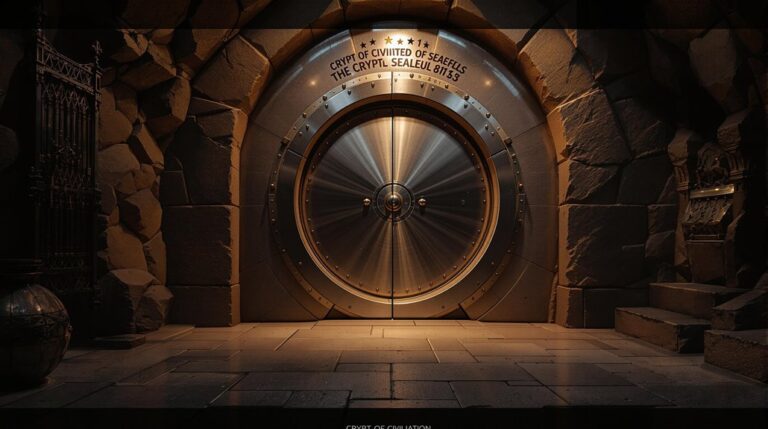Robert Kearns vs. the Auto Giants: The Lawsuit That Revealed Dirty Secrets
While you might think a simple windshield wiper couldn't shake the foundations of America's automotive industry, Robert Kearns' invention did exactly that. You've probably never given much thought to the intermittent wipers on your car, but they're at the center of one of the most revealing patent battles in U.S. history. What started as one engineer's innovative solution turned into a twelve-year legal war that exposed how major corporations systematically crush individual inventors. The tactics Ford and other auto giants used against Kearns weren't just aggressive—they pulled back the curtain on corporate America's darkest patent-stealing strategies.
A Determined Engineer's Battle

While many inventors face challenges protecting their innovations, Robert Kearns' battle against the automotive industry stands as one of history's most determined fights for intellectual property rights.
You'll find his engineering resilience evident in his extensive background, from his Master's and Ph.D. in Engineering to his work as a draftsman and professor at Wayne State University. His early inspiration came from the human eye's blinking mechanism, which formed the basis for his innovative design.
When Kearns developed his intermittent windshield wiper system, he didn't just stop at the idea. He meticulously built prototypes in his basement and conducted rigorous six-month tests. He received his official patents in 1967.
His commitment to patent protection intensified when he discovered Ford and other manufacturers were using his design without permission.
Despite the personal cost to his marriage and health, Kearns pursued legal action, ultimately winning substantial settlements from Ford and Chrysler.
Corporate Tactics Against Small Inventors

Despite their public claims of supporting innovation, major corporations often deploy aggressive tactics to neutralize small inventors' patent rights.
You'll find these companies exploiting legal loopholes through multiple patent challenges and dragging out litigation until smaller inventors exhaust their resources.
Their strategies include filing repeated PTAB challenges against the same patent and practicing "efficient infringement" – deliberately using patented technology without permission, knowing smaller inventors can't afford lengthy legal battles. Industry leaders like Apple and Samsung dominate these challenges with nearly 2,000 PTAB petitions combined.
The America Invents Act of 2013 has only made it easier for large companies to challenge and invalidate patents.
Through patent exploitation, they'll block future developments and tie up valuable patents in endless legal challenges.
Big companies leverage their massive legal teams and financial resources to overwhelm inventors, making it nearly impossible for them to defend their intellectual property.
The system's complexity and high costs create an uneven playing field where corporate giants can freely appropriate innovations from smaller inventors.









